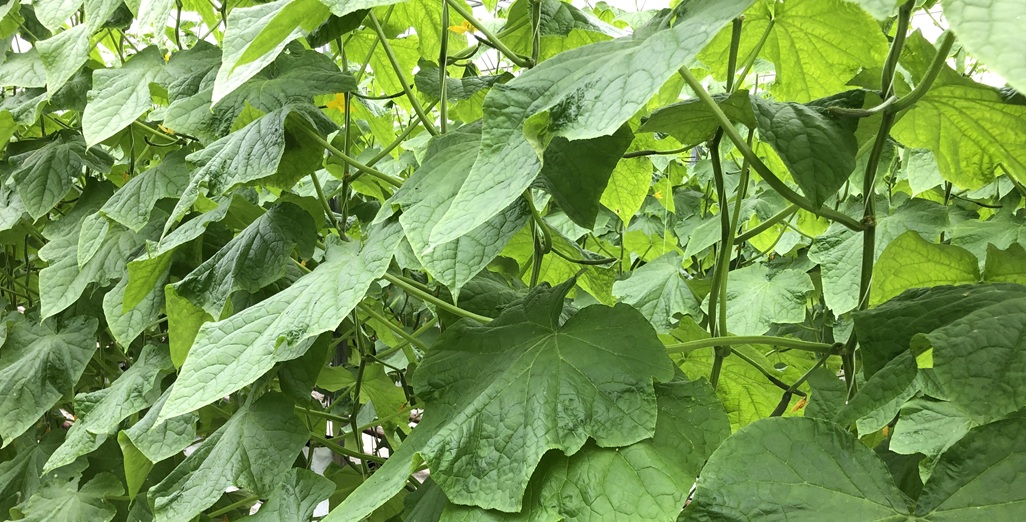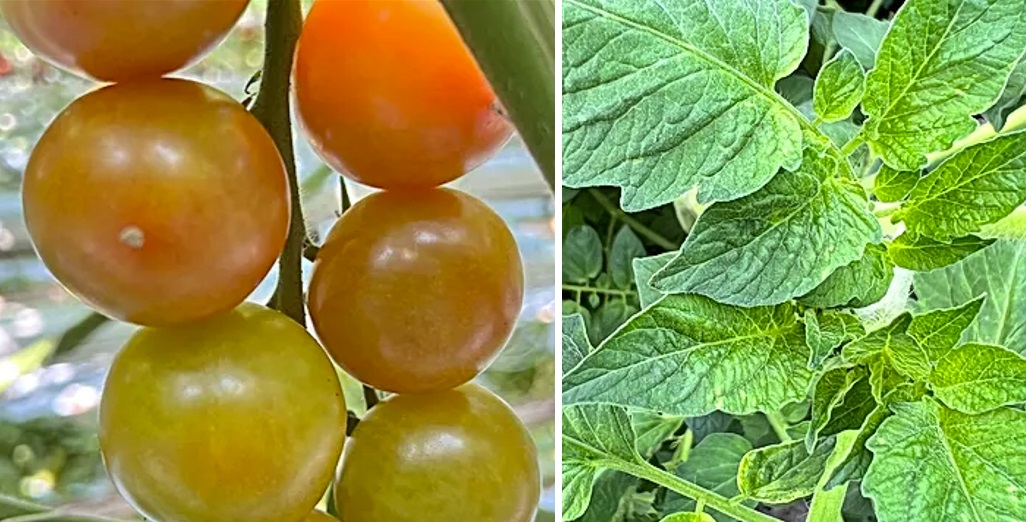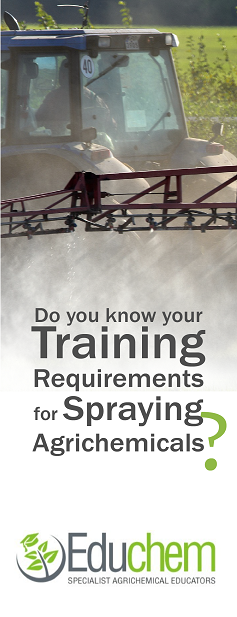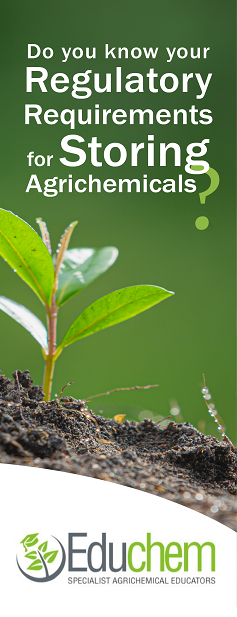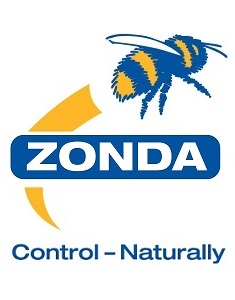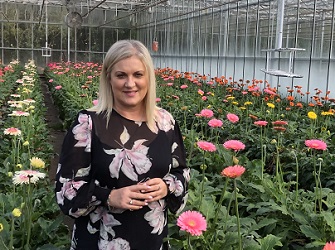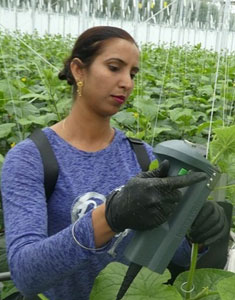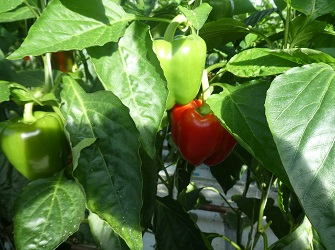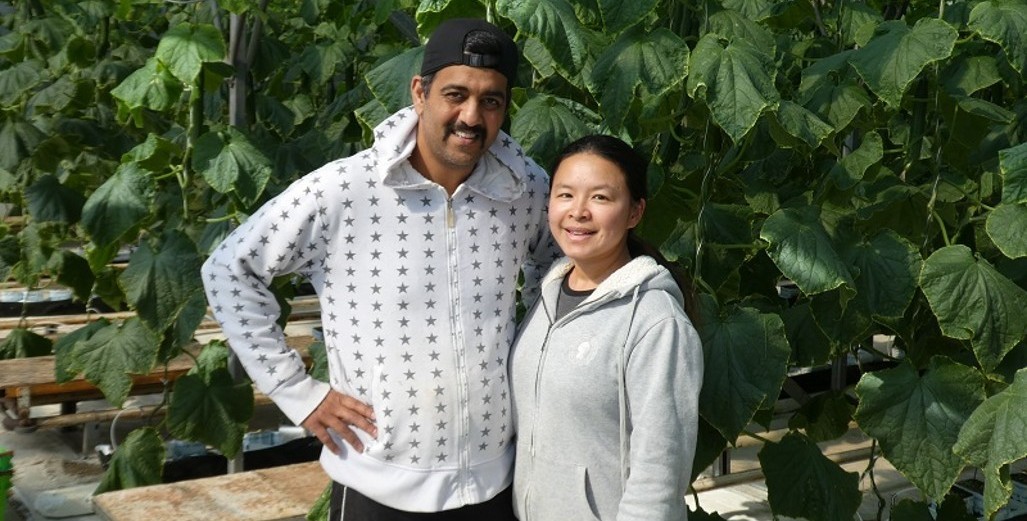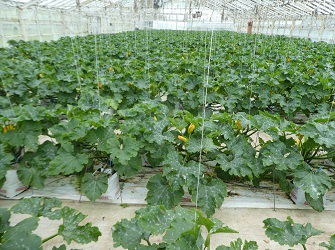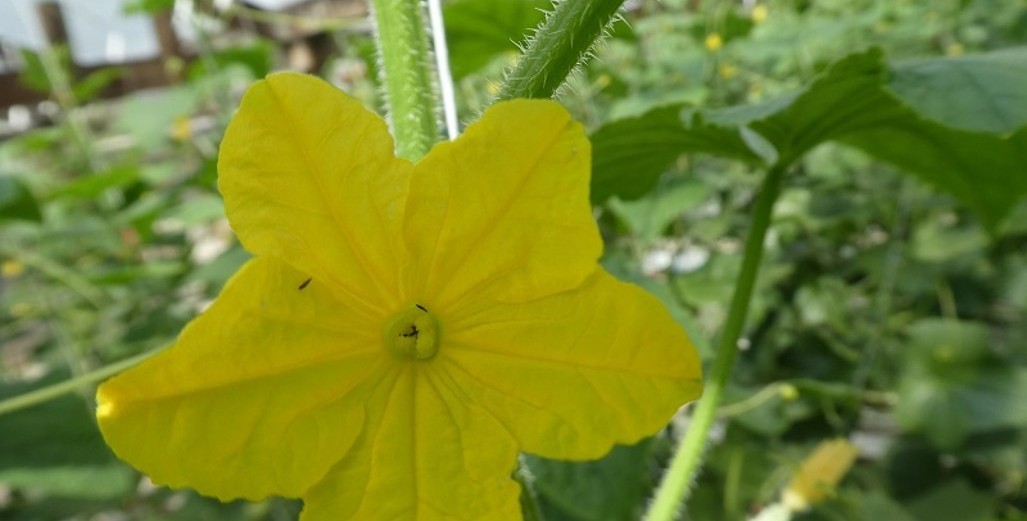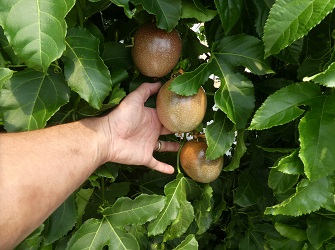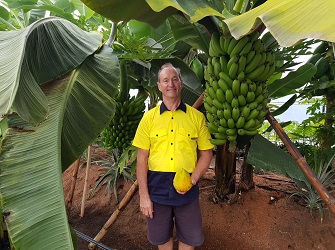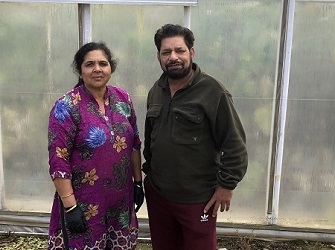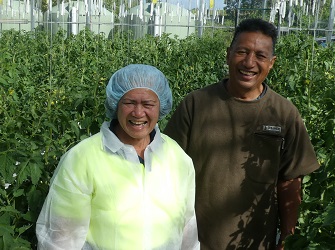Sign up here to subscribe to the Grower2grower Ezine. Every two weeks you will receive new articles, specific to the protected cropping industry, informing you of industry news and events straight to your inbox.
Dec 2024
(Video of session now available) Excellent online webinar hosted by De Ruiter/Bayer Australia
North and South American Tomato Growers Share ToBRFV Experiences
Recently attended a webinar hosted by Genie Tasopoulos from Bayer Australia, focusing on Tomato Brown Rugose Fruit Virus (ToBRFV). The webinar featured detailed experiences from North and South American tomato growers who dealt with ToBRFV. Thanks to Bayer Australia and the growers for sharing their experiences and noted the importance of this information, especially since ToBRFV has been found in Australia, making it a pressing concern for New Zealand and Australian growers.
(De Ruiter are part Vegetables by Bayer)
Topics include:
- Mitigating ToBRFV
- Impact & Recovery
- Prevention & Sanitation
- Information & Support
Mitigating ToBRFV:
Strict hygiene protocols and trusted seed sources are critical in preventing ToBRFV
Impact & Recovery:
Locations affected by ToBRFV experienced upwards (or higher) of 30% loss in crop production, with some varieties severely impacted after less than six months of the crop cycle. They highlighted that recovery is ongoing and that a full return to pre-ToBRFV conditions is unlikely until highly resistant varieties are developed that do not compromise production or flavour potential.
Prevention & Sanitation:
Once ToBRFV infects a site, complete elimination has been unachievable despite extensive use of cleaning products. One property disinfected its site with multiple products, but the virus returned the following season. Growers at this company attempted to transition to resistant varieties but were limited by marketing commitments, leading to continued losses in non-resistant varieties. While sanitation has not eradicated the virus, it is critical for slowing reinfection. Patterns of spread were linked to staff work habits, emphasizing the need for rigorous hygiene practices, including changing gloves, hand dipping, and cleaning machinery between areas.
Information and Support:
Highly resistant varieties (HRVs) are viewed as the only viable long-term solution to managing ToBRFV. For one high-tech grower, the reduction in production is currently at 10% with HRVs. Intermediate resistance packages have proven ineffective in warm conditions, as the virus overcomes these resistances, leading to significant production losses. It was emphasized that HRVs are essential, though growers must accept a 10% reduction in production for now. Growers will need to continue trialling varieties while seed breeders work toward developing HRVs with quality and yields comparable to traditional varieties. Progress is being made by seed companies in the right direction.
My Question:
New Zealand has had Pepino Mosaic Virus (PepMV) for approximately four years but currently lacks access to vaccines due to regulations. I inquired during the webinar if any growers had experienced both PepMV and ToBRFV simultaneously. While growers could not comment extensively due to PepMV inoculation practices, one grower from Chile suggested that both viruses would be devastating for a crop. This reaffirmed my belief that it is critical for New Zealand to restrict imports of fresh produce and rely only on reputable seed companies to supply seed, emphasizing the importance of protecting the industry until viable solutions are found.
CLASSIFIED
Photo
Gallery
Subscribe to our E-Zine
More
From This Category
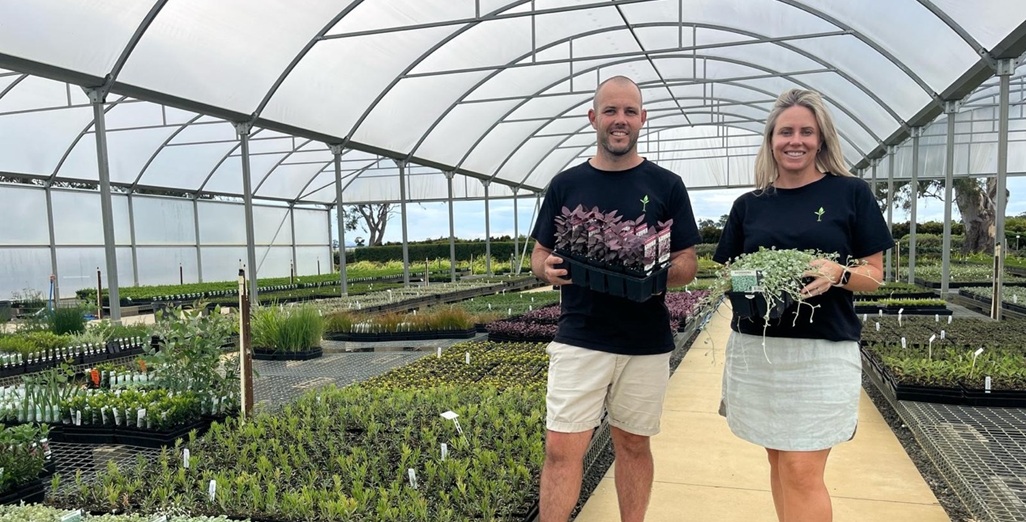
Program launched to unlock grower solutions for Australia’s biggest horticulture challenges
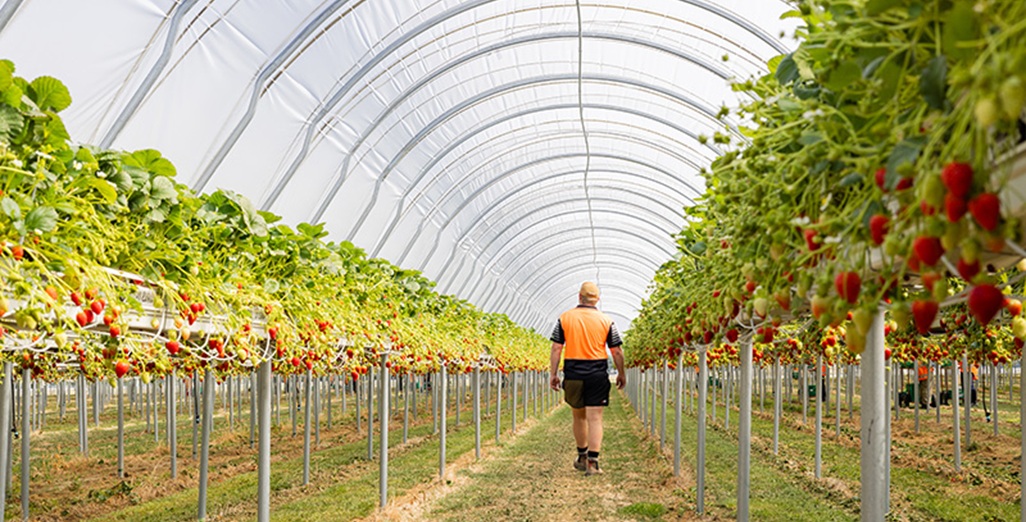
BerryWorld Strawberries Win Gold at 2025 Outstanding Food Producers Awards
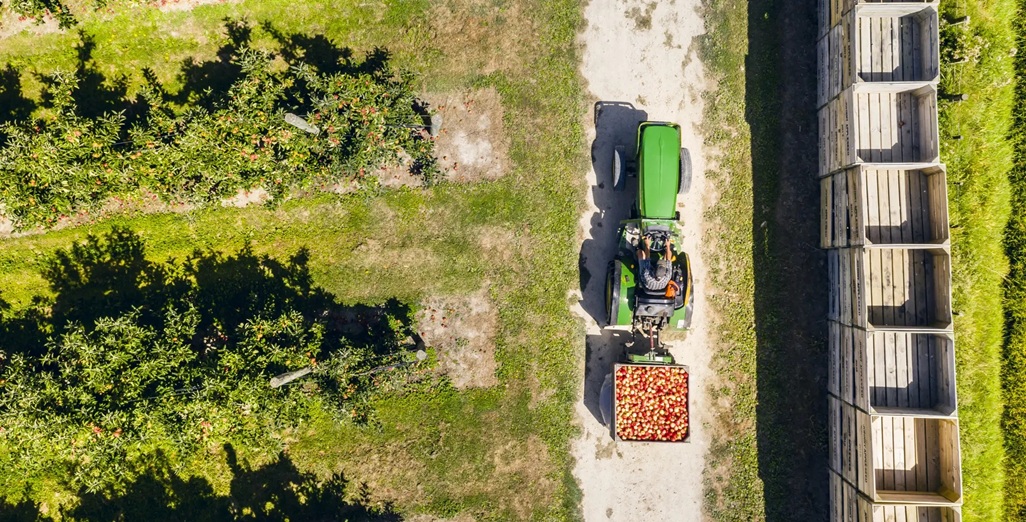
Have your say on application for new fungicide
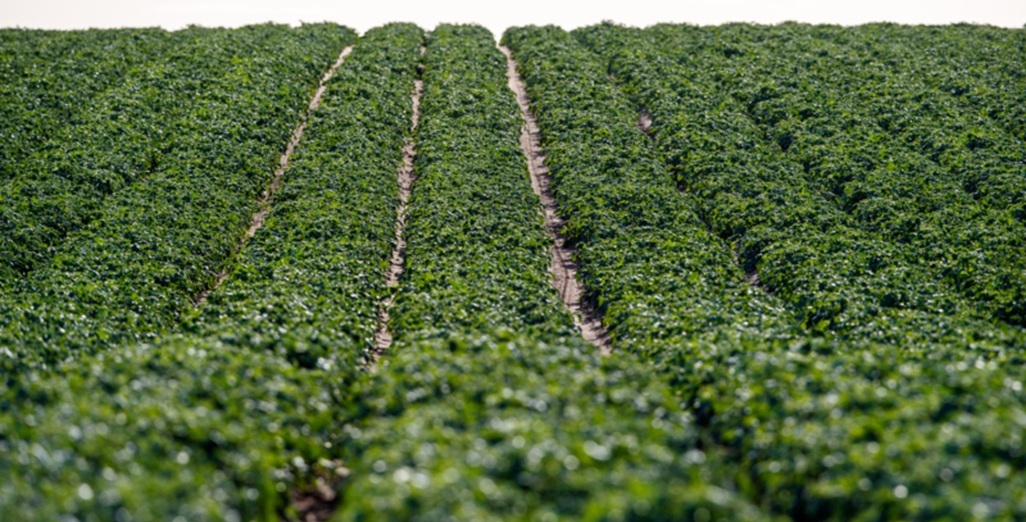
Australian Horticulture production value skyrockets to $17 billion
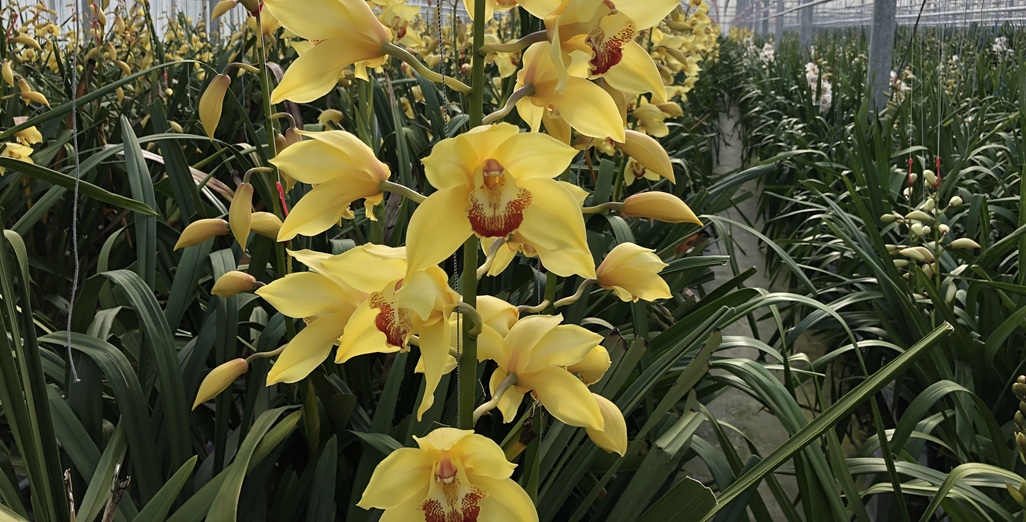
Bayer says Sivanto Prime has a new way of working that targets sucking pests such as aphids, nysius fly and springtails
